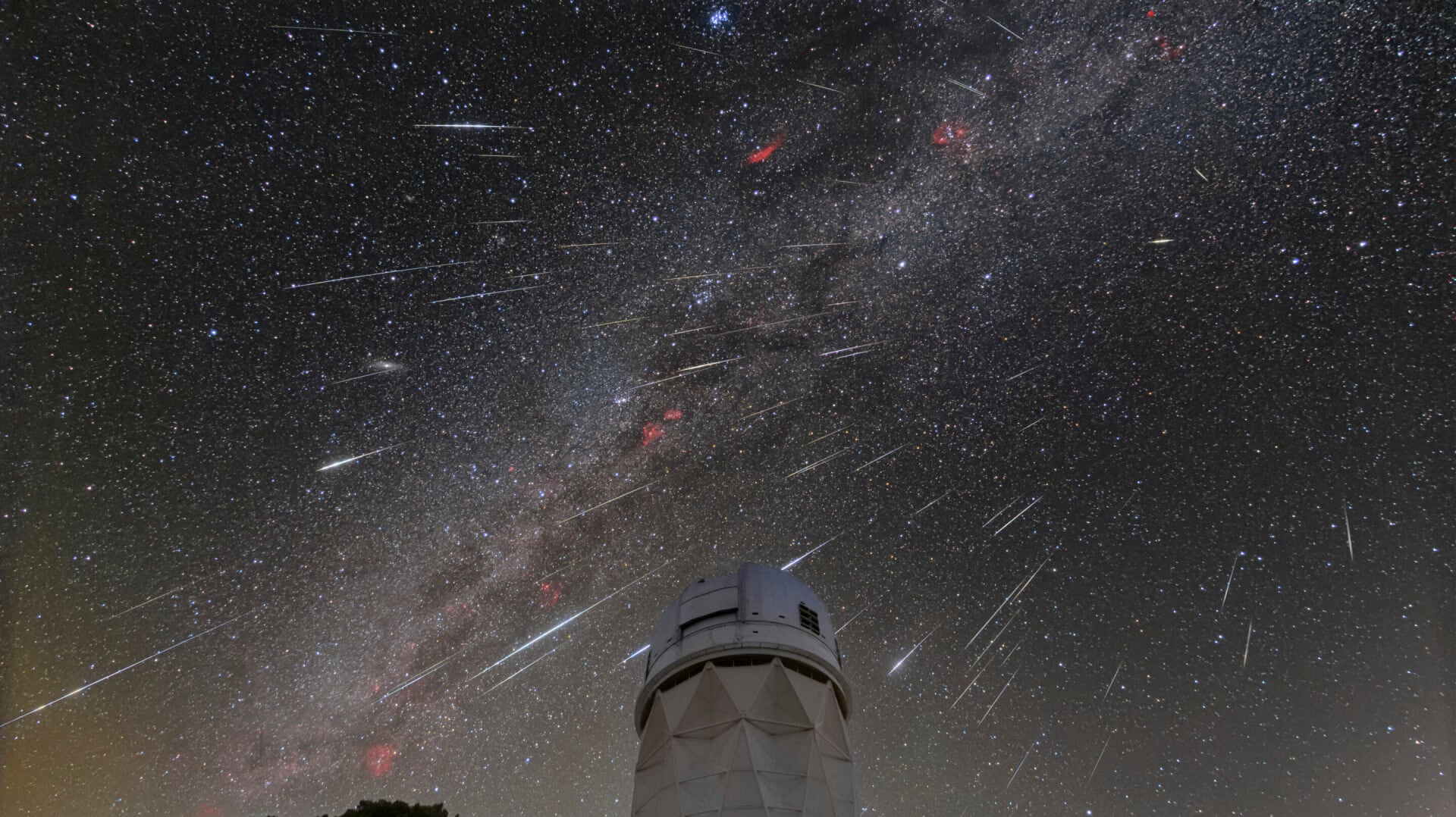
Universe's expansion rate may not be constant, new research reveals
What's the story
The idea of dark energy, a mysterious force thought to be responsible for the accelerated expansion of our universe, is being re-examined by scientists.
This invisible force is thought to make up nearly 70% of the universe's composition.
However, in a recent study involving over 900 international scientists, this force was found to not be as constant as previously thought.
Unexpected results
New findings challenge traditional understanding
The research team's analysis of galactic movements also revealed that the force influencing these movements is not constant. This finding challenges the traditional understanding of dark energy as a stable force.
Mustapha Ishak-Boushaki, a cosmologist at the University of Texas at Dallas, involved in this research, expressed surprise at these unexpected results stating, "I did not think that such a result would happen in my lifetime."
Cosmic mapping
DESI collaboration's role in redefining dark energy
Using a telescope in Arizona, the Dark Energy Spectroscopic Instrument (DESI) collaboration, a global team of scientists, is creating a 3D map of the universe over 11 billion years.
The map will track how galaxies have clustered over time and space.
The data collected from this project indicates that dark energy may not be constant but could be changing or weakening over time.
Theoretical shift
Implications of changing dark energy on cosmological models
If dark energy is really evolving, it could drastically change astronomers' standard cosmological model.
It could mean that our understanding of dark energy is fundamentally different or that a whole new phenomenon is at play.
Bhuvnesh Jain, a cosmologist at the University of Pennsylvania, not involved in the research, called this period "a time of great excitement, and also some head-scratching and confusion."
Ongoing exploration
Einstein's theory and the future of research
The latest findings from the DESI collaboration indicate that the expansion of the universe and the clustering of galaxies are in accordance with Einstein's general relativity predictions.
However, these results are not definitive and further data is required to refute or corroborate current theories about dark energy.
Robert Caldwell, a physicist at Dartmouth College, not involved in the research, called these findings "tantalizing" but stressed they are not conclusive.